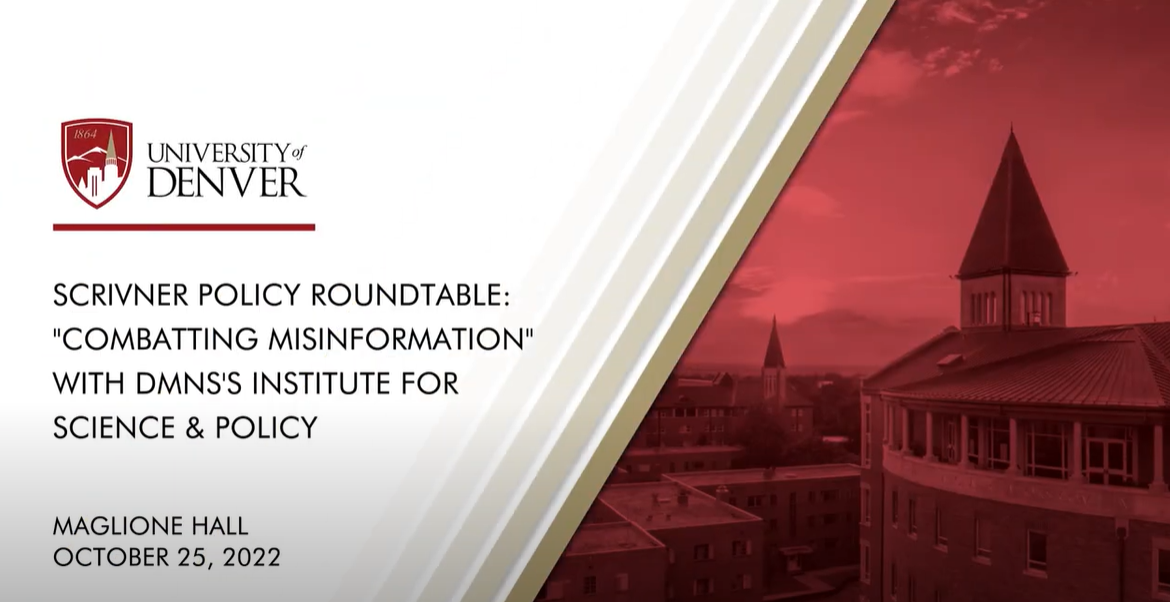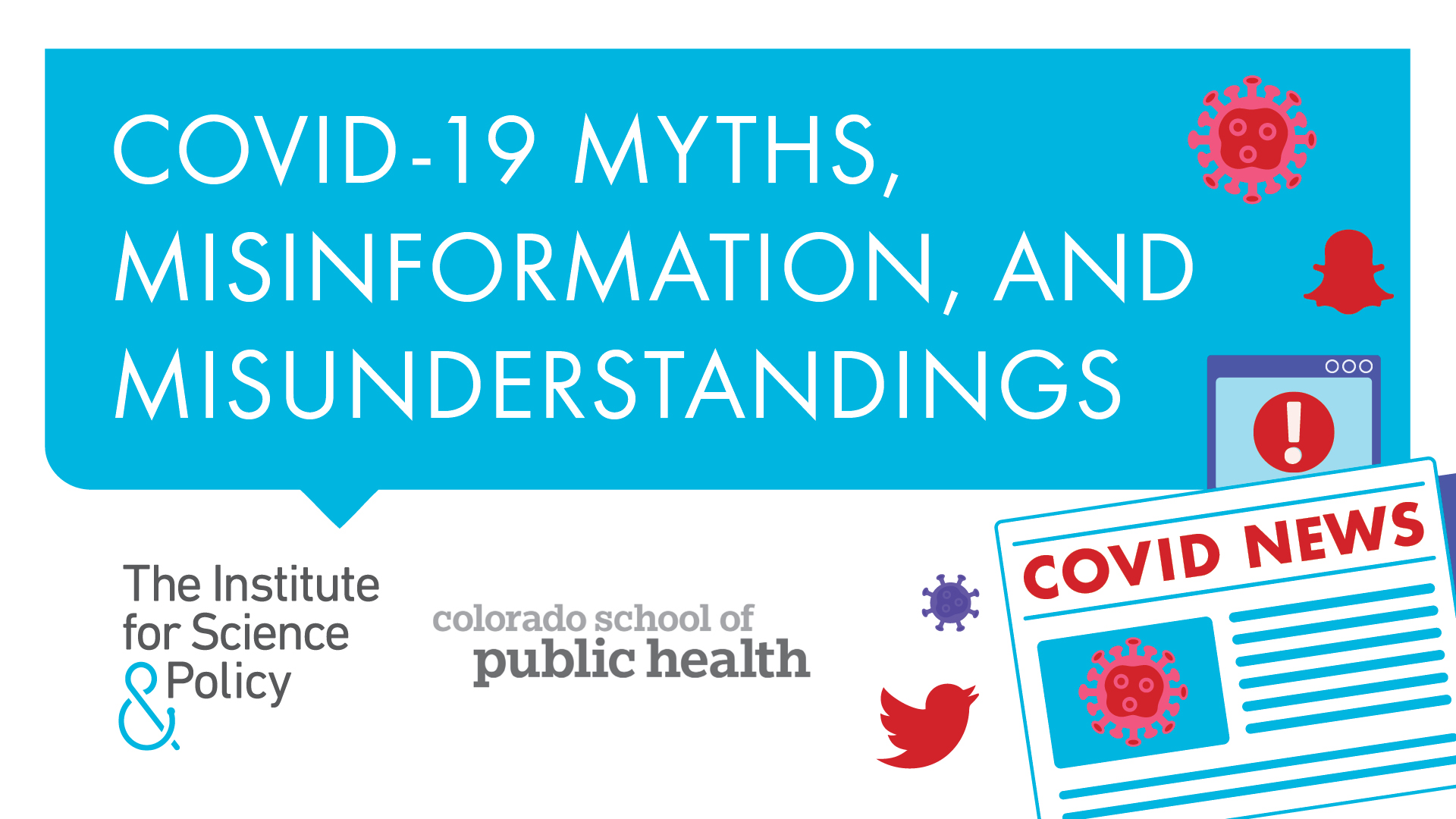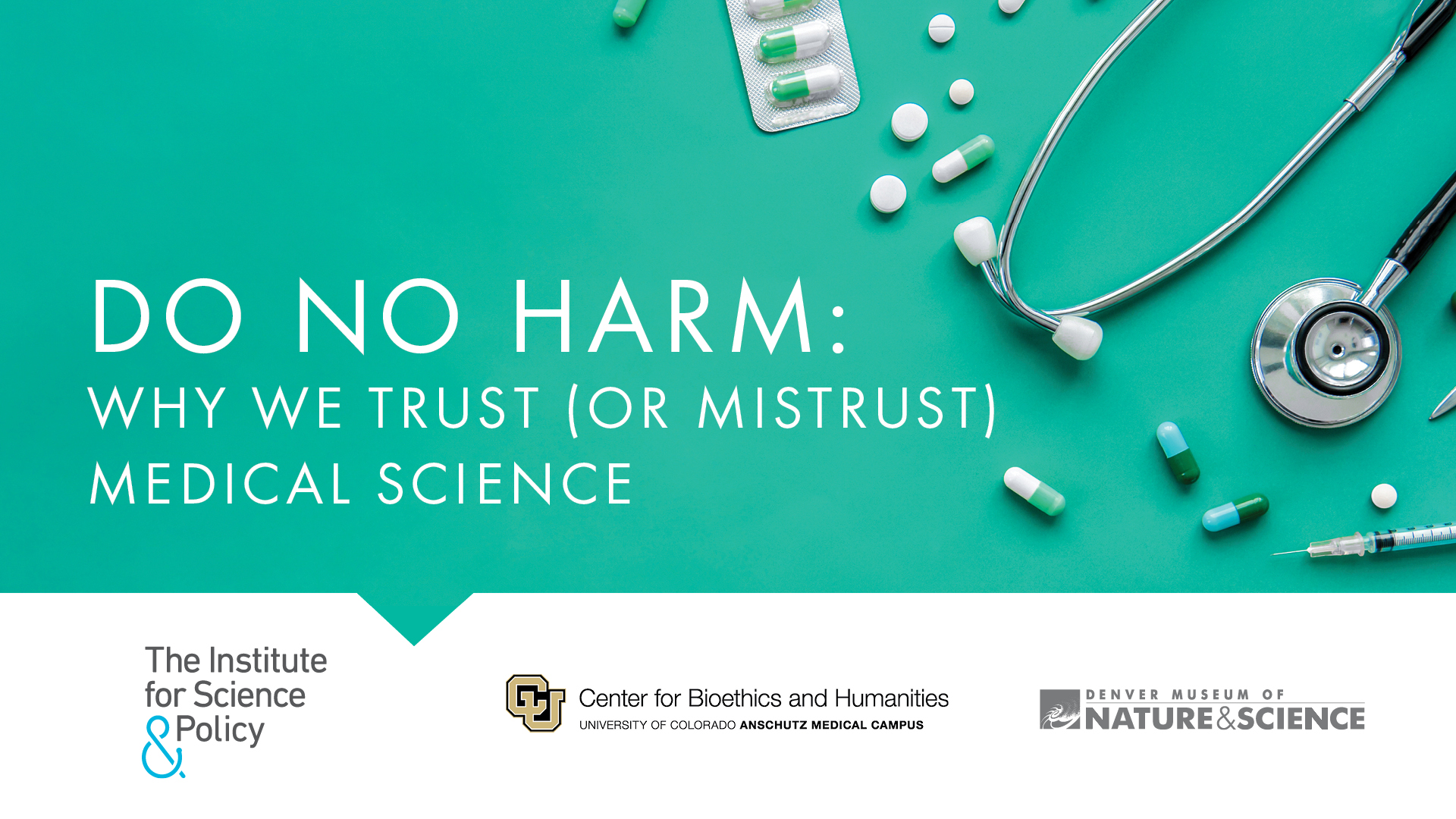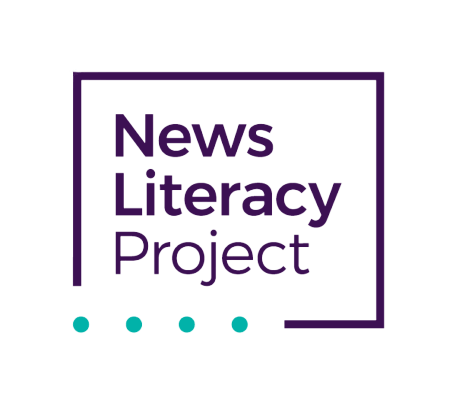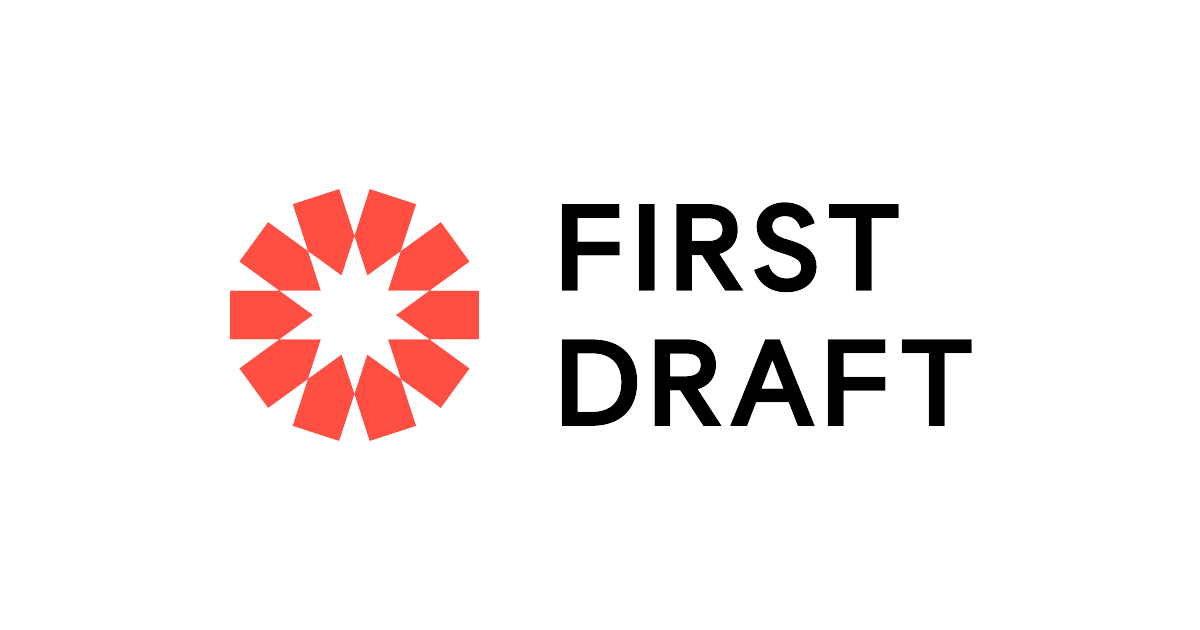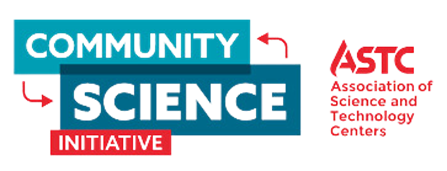Navigating Misinformation
Resources for local communities and newsrooms to address growing concerns about misinformation.
Explore ways to address misinformation and disinformation in our diverse communities and it's effects on journalism, scientific information, trust, and democracy.
In a world of perpetual information overload, it can be difficult to protect against false, misleading, and weaponized information. In the tools and resources below you'll encounter a variety of terms associated with misinformation—but what do they really mean? The more you understand about the ways false information is shared and used, the better able you are to recognize, interrogate, avoid, and combat it.
Definitions of terms associated with false information
Misinformation: The false or misleading information that is not necessarily intentional. (credit: First Draft News)
Disinformation: The false or misleading information, intentionally created or strategically amplified to mislead for a purpose (e.g., political, financial, or social gain).
Malinformation: When genuine true information is shared to cause harm, often by moving information designed to stay private into the public sphere. (credit: Council of Europe)
Information Disorder: The broad societal challenges associated with misinformation, disinformation, and malinformation.
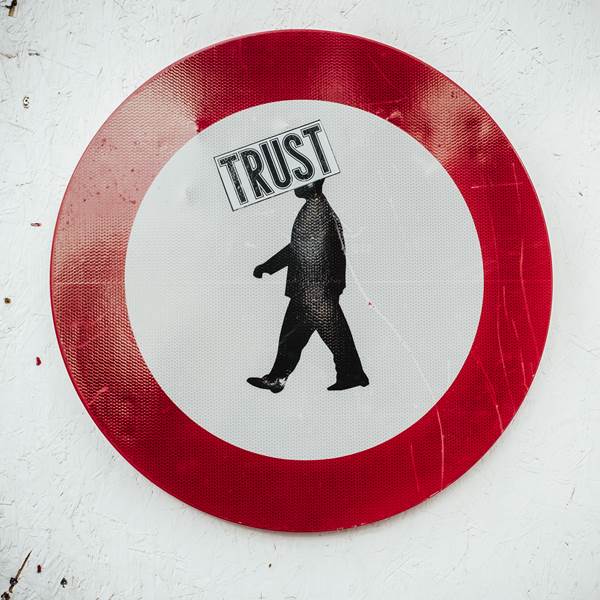
Discussion Guide for Navigating Misinformation in Our Communities
This guide provides a framework to spark discussion and deliberation about misinformation focusing on potential actions that local communities and journalists should consider. Created in partnership with CSU Center for Public Deliberation and COLab, with funding and support from the ASTC Community Science Dialogue & Deliberation Initiative.
Download the English version below and the Spanish language version here.
Download
Exploring Viewpoints on Misinformation
Use the Viewpoints exercise to spark deeper conversation on misinformation by identifying areas of common ground and inherent tensions. Created in partnership with CSU Center for Public Deliberation and COLab, with funding and support from the ASTC Community Science Dialogue & Deliberation Initiative.
Download the English version below and the Spanish language version here.
Download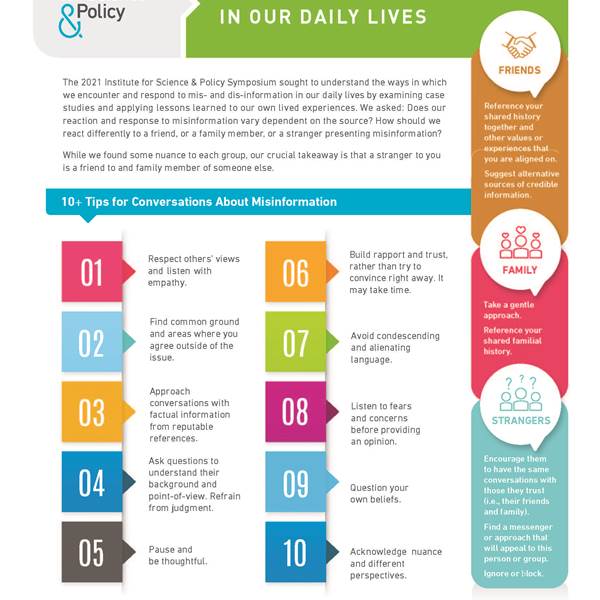
Discussing Misinformation in Your Own Life
A primer on how to address misinformation with friends, family, or strangers.
Download
Science in the Age of Misinformation Symposium Resources
Explore the session recordings and resources from our 2021 Symposium on Science in the Age of Misinformation.
Learn moreWebinars
Watch our webinars and talks about misinformation and mistrust in media.
Scrivner Policy Roundtable: "Combatting Misinformation" with the Institute of Science & Policy
While misinformation is not new, we are living in a moment where access to information has never been greater. And while this has presented us amazing opportunity as a society, it also comes with 21st century challenges such as threats to trust in information, science, institutions, and our democracy. The Institute for Science & Policy shares some of their work on engaging the public and community members on the topic of misinformation.
Covid-19 Myths, Misinformation, and Misunderstandings
As COVID-19 spread rapidly around the world, so too did myths, exaggerations, and outright falsehoods. The flood of misinformation was often powerful enough to shape public perception and policy decisions. But in the face of ever-evolving guidance from experts and wall-to-wall media saturation, how can the public sort fact from fiction? Listen to our panel discuss what makes a particular source reliable – or not.
Do No Harm: Why We Trust (or Mistrust) Medical Science
Throughout history, medicine has operated at the intersection of science and society. But medical science has also had its dark moments, having been weaponized at times in service of discrimination and eugenics. The ever-evolving pursuit of knowledge has not always aligned cleanly with ethical and moral considerations. How should health officials, scientists, and policymakers navigate misinformation, uncertainty, and skepticism? Join us for a panel conversation of experts.
Additional Resources
The News Literacy Project is a non-partisan educational nonprofit with great resources on misinformation to help you recognize credible news and information to trust, share and act on.
First Draft offers an essential guide to understanding information disorder that breaks down the varied kinds of mis-, dis-, and malinformation, along with a free content library of misinformation resources.
The ASTC Community Science Initiative has created a Dialogue and Deliberation Toolkit that serves as a roadmap to navigate the numerous dialogue and deliberation resources and tools that have been produced by civic engagement and science-engagement organizations. These resources can provide a helpful foundation in the development of science and technology-related dialogues, as well as program models to build on, and facilitation and implementation resources.
Subscribe to our email newsletter

Sign up to receive our monthly newsletter. We'll also let you know about upcoming events and content launches.

